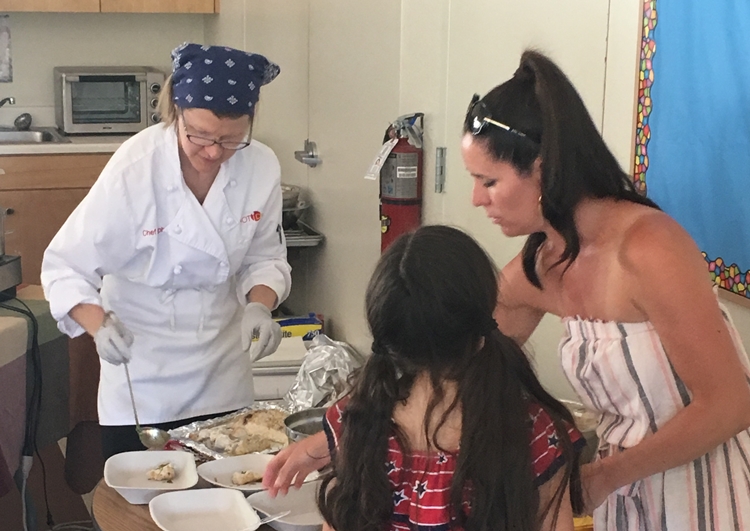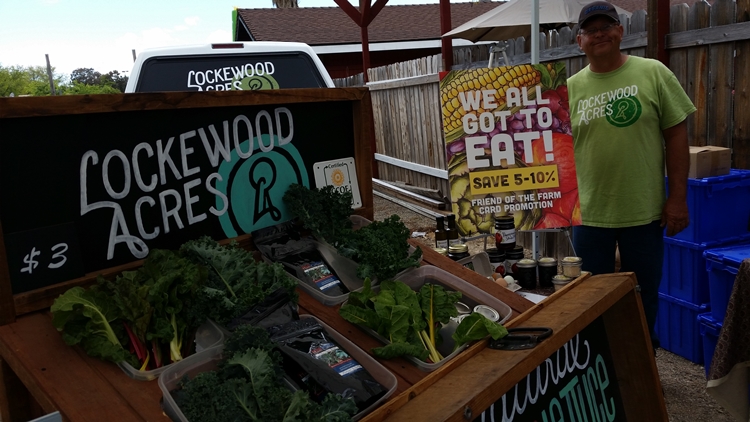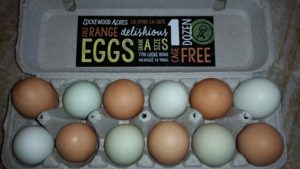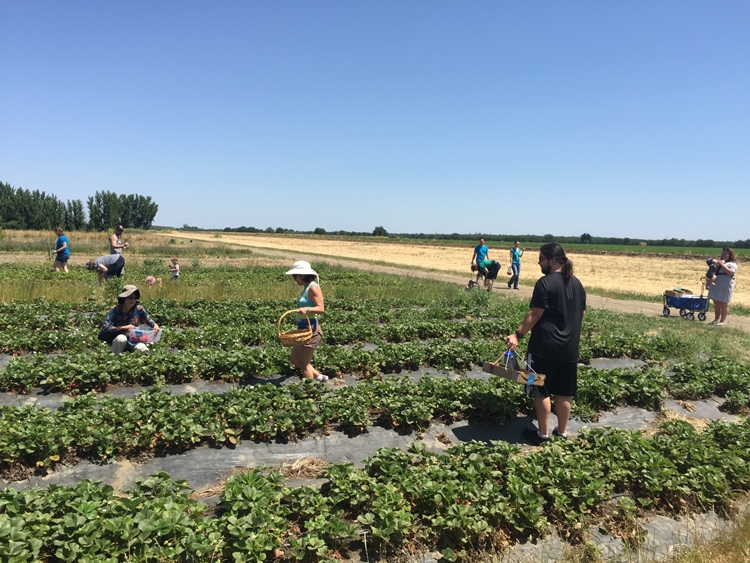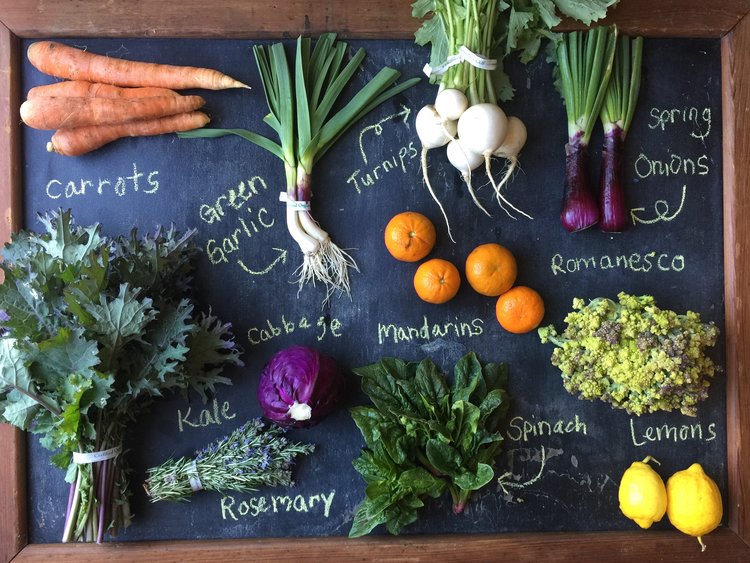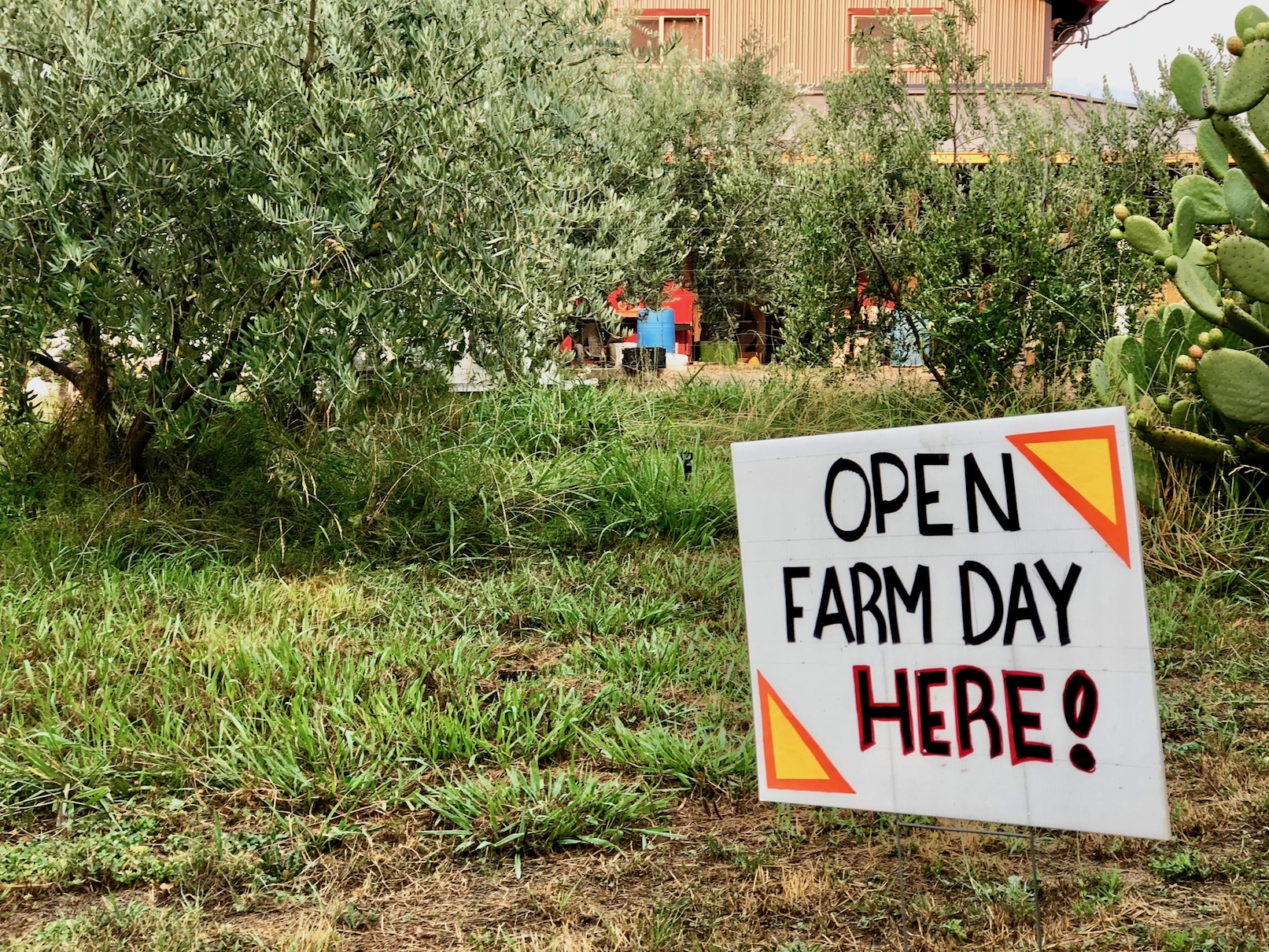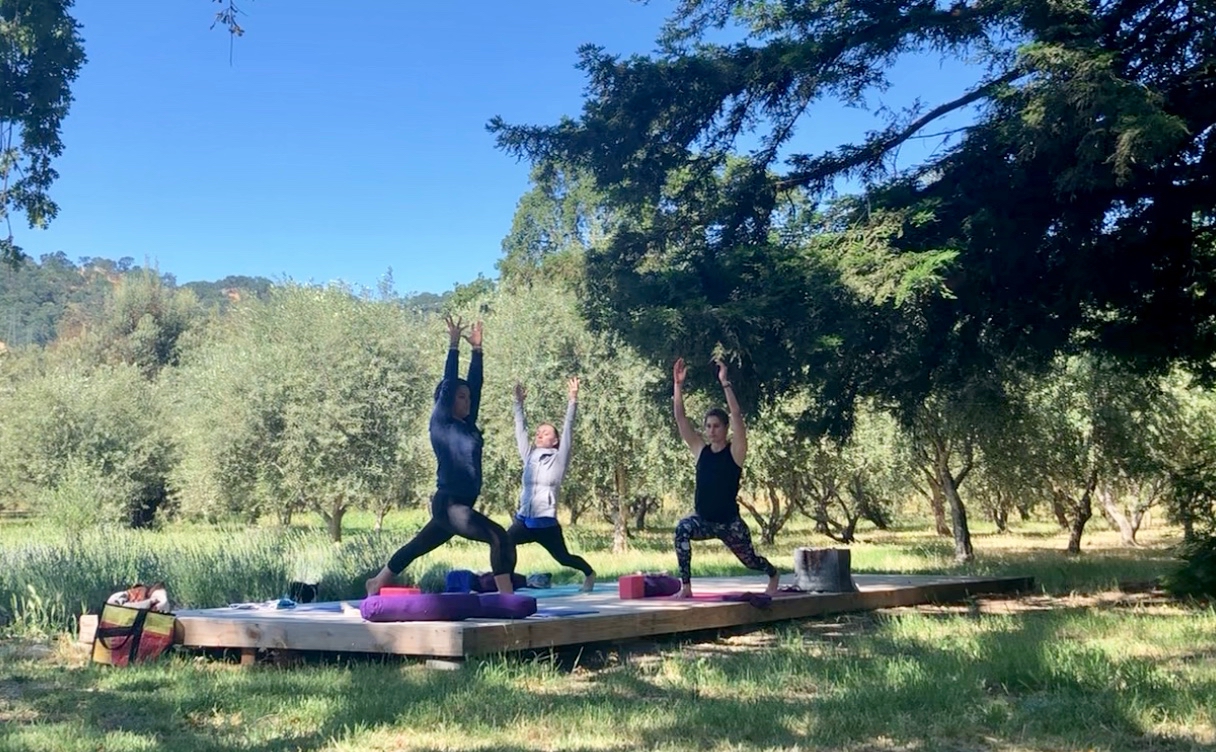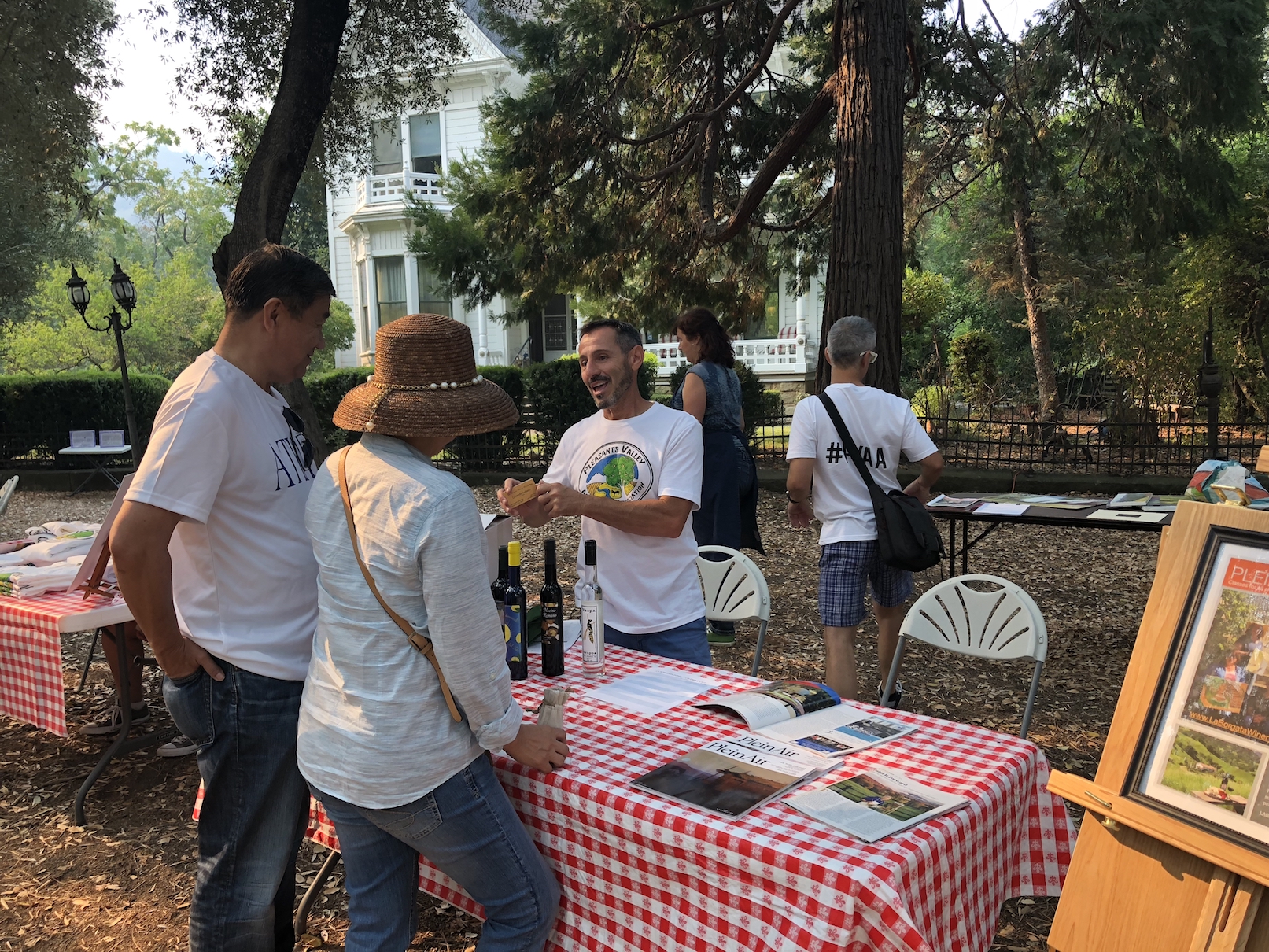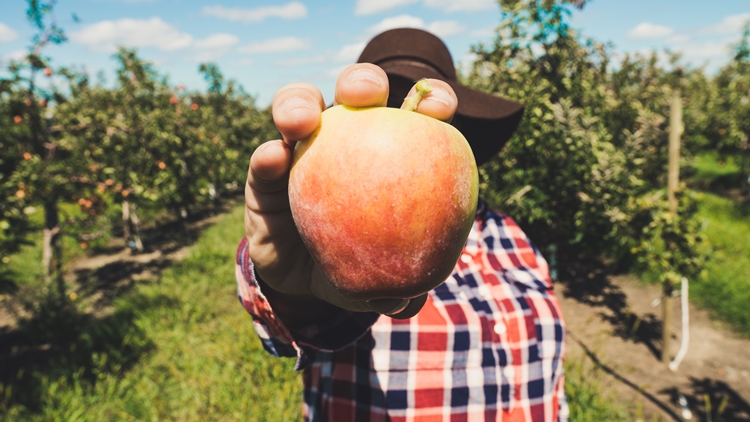When did you start offering a CSA? Why was it important to offer?
In the beginning, that was the beauty of this business model: You got your money up-front, they [CSA members] invest in you. I didn’t have to go to the banks, which is what caused all the problems in 2009. That was the purpose and beauty of the CSA (Community Supported Agriculture) business model.
Recently, because the corporations have gotten involved and deliver direct to your door, I really can’t compete with that. People don’t understand the difference. They say it’s local, but local is relative.
Are there special perks for CSA members? Why do people tend to subscribe?
The beauty about mine is everything you get in your basket, it’s grown here. We have fruit and vegetables, olive oil — they can add on eggs or flowers. Everything in our CSA is from the farm and it is organic. For people in Vacaville, you can’t get much closer. I am on the edge of the city limits.
What’s something that makes your farm stand out?
It’s truly a family farm. We do everything. I grow it, my wife manufactures the value-added and my daughter designs all the logos. Every once in awhile I get my grandson to help.
We have pomegranate jelly, shrubs and syrup: an award-winning pomegranate–merlot jelly, red and white wine vinegar, spiced elderberry herb syrup for the upcoming cold season made with local honey, and kombucha kits, just to name a few things we offer. We also make salts from the products we grow: We have a roasted garlic salt, a Brandywine tomato salt, garlic scape salt, our own Sriracha pepper salt, which is all combined with local Sonoma sea salt. Plus we are always adding new things!
Anything exciting on the horizon? What do you see happening and what do you want to see happen with interest in local food?
The state has passed a couple of cool bills. One is AB626. You can now cook out of your own kitchen and serve people without being shut down by public health.
Eventually we want to start a teaching kitchen, but we have to work with the county to navigate their roadblocks. They want everything perfect to start, but it takes money to make money.
We’re working on [regulation changes] with the Pleasants Valley Ag Association. There needs to be a stepping stone or graduated requirements in order for a small business to get started. The money hurdle that they put in order to do all these things is what really hinders people from proceeding legally. I understand what regulations are for, some of them … but there just needs to be a graduated permit standard in order to bring things in compliance without breaking the bank.
Anything else you’d like to add?
We have U-pick, we do the classes, we had an open farm event in May. We’re going to have a Harvest Dinner on Oct. 19 — we’re actually going to run that through The Barn & Pantry [in Dixon]. The cool thing about the Harvest Dinner is everything at the dinner is made from the farm — the meat, cheese, wine, everything. [Those interested in the Harvest Dinner can contact the farm for more details.]
Lockewood Acres has Solano County CSA drop sites at the farm, the Vacaville farmers market and Sweet Pea’s in Vacaville and at The Barn & Pantry in Dixon. Learn more about how to sign up here.
Lockewood Acres will host any other site to drop CSA boxes off at with a minimum of 20 paid members. The farm offers different sizes and options to make it convenient for our customers, full shares, half shares and skip shares. Call Farmer Ben for more details!
Find out more about local CSAs here.
